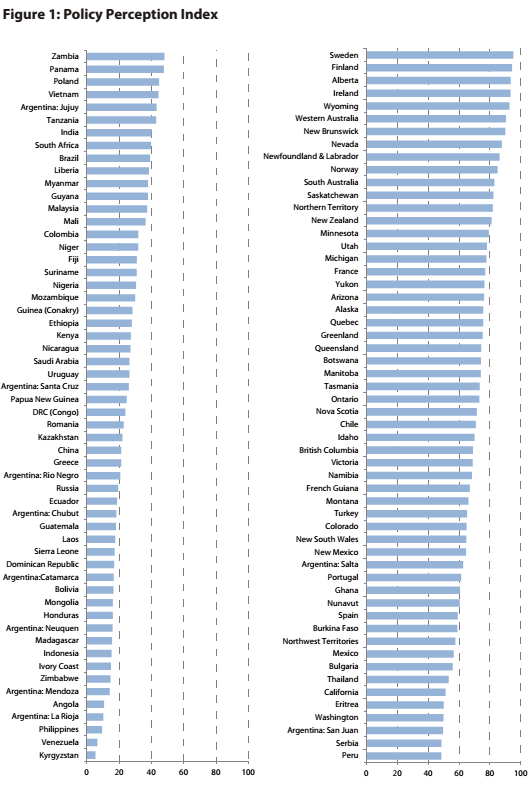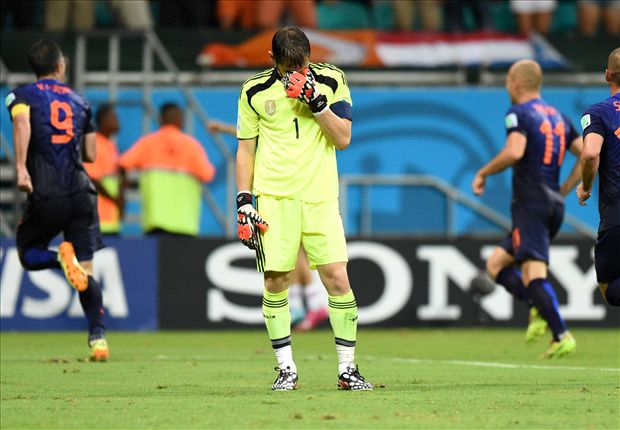 |
| Where Gangnam stylers will be hanging out real soon. |
Enter BMW. Just like Ferrari, the Bavarian automaker has decided to open its theme park not in its homeland but in a promising export market. What's notable though is that the Korean car market has long been one of the most closed in the world to promote the development of homegrown brands such as Hyundai, Kia, SsangYong and Daewoo. From a 2007 article in the WSJ:
South Korea has one of the most closed markets of any auto-producing nation, with an 8% tariff and a long list of other barriers that make foreign cars more expensive than domestic ones. Only 3.5% of vehicles sold in South Korea last year were made outside the country, below the 5% import level of Japan and 37% of the U.S.It is only relatively recently that Korea has begun opening up its car market. Consistent with the "infant industry" argument, that Hyundai and sister brand Kia have achieved no small amount of success in foreign markets makes Korean officials believe that they can now duke it out with other brands at home. Nor is coincidental that Korea has begun inking FTA after FTA even with countries that are major exporters of automobiles...such as Germany via the EU. European manufacturers even view Korean ones as an existential threats.
If you can't beat 'em at home, why not challenge them where they live? At least that's BMW's ploy. Better yet, unlike the rather lame Ferrari World, this automobile theme park will actually allow you to drive performance cars. What a radical concept; Koreans even welcome the competition since the theme park is being constructed by a subsidiary of--wait for it--Hyundai:
For many Koreans, having fun in the car is limited to getting out of congested traffic downtown and managing to open the throttle for a few moments on a highway. Starting in July, BMW Group Korea is going to change that by opening its first BMW Group Driving Center in Asia. About an hour’s drive from downtown Seoul, the BMW Group Driving Center will be on Yeongjong Island near Incheon International Airport.Again, driving is a central part of the experience. Worth remembering is that even BMW is a Johnny-Come-Lately, having established in-country operationsin 1995:
The 236,176 square-meter site, equivalent to 33 football fields, can be easily spotted when people drive to the airport as it’s right next to the Incheon International Airport Expressway. The construction of the center, which is being carried out by Hyundai Development Company, is about 60 percent completed.
There will be six courses in the center, each providing different thrills. The six courses are Acceleration and Braking, Circular, Multiple, Handling, Dynamic and xDrive. As an example, the xDrive course, which tests BMW’s four-wheel drive system through eight types of road conditions, takes 30 minutes driving time and can be used by six different drivers at the same time...Commercial motives are driving BMW's effort:
“It makes me emotional when visiting this place, because it kind of reflects 1995, when BMW first landed in Korea to develop the market,” BMW Group Korea President and CEO Kim Hyo-joon said at a press conference yesterday. Last year, BMW Group Korea sold 39,397 units (including BMW Motorrad motorcycles), a 15.5 percent increase from 2012. Korea is now its ninth-biggest market, surpassing Canada.
BMW is trying to capture the South Korean luxury car market. Some 150,000 imported cars were registered in South Korea last year. That is only half as many as Japan, but the market has potential for growth. BMW last year sold 1,920 7 Series luxury sedans in South Korea, roughly five times the number in Japan. Branding is not the only reason European cars are popular in South Korea. A free trade agreement between South Korea and the European Union came into effect in 2011, pushing down import duties. Furthermore, the won became stronger, making imported cars cheaper for South Korean consumers.IMHO it's an outcome showing the best possible outcomes of trade: BMW gets to cultivate a new foreign market, while even Hyundai benefits by building the theme parrk. What's curious to me is how BMW has taken the fight right to the heart of another automaker's home country instead of, say, China or India.



















